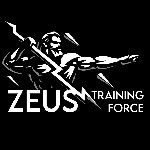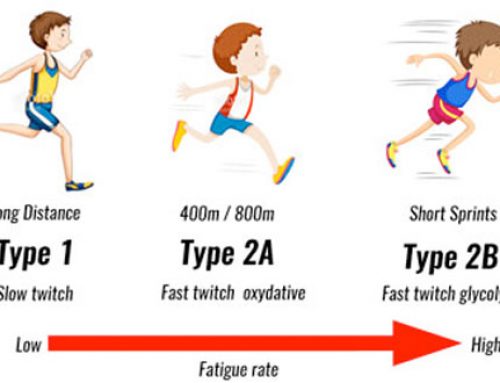Muscle memory is not a memory stored in your muscles of course, but memories stored in your brain that are much like a cache of frequently enacted tasks for your muscles.
It’s been long known that retraining muscle is easier than the first time around, but what’s the real story behind ( muscle memory )?
If you have spent any amount of lifting weights, taken a break for a bit, and then started back up again, you probably noticed that you seemed to regain strength and size much quicker than the first time around.
Well, this isn’t your mind playing tricks on you but the acceleration in progress is a scientifically verified phenomenon often referred to as ( muscle memory )..but what is actually going on??
Neurological mechanisms can explain the rapid regain of strength, but not muscle size. Do muscle fibres have some sort of ( memory ) of their previous, more conditions states? Or is something else responsible for these effect?..
The answer to the muscle memory enigma begins with an interesting fact about muscle cells themselves.. They are quite large and one of the very few multinuclear cells in our bodies. That is they don’t contain just one nucleus but many. As you overload your muscles with resistance training, nuclei are added to the muscle cells, which then allow them to grow larger in size. In fact, the number of nuclei within muscle fibers is one of the most important conditions that regulates muscle size.
Now , if resistance training causes the body to add nuclei to the muscle fibers, which then allows them to grow larger , what happens to our muscles when we stop training for extended periods of time?
Well we know what happens, we look in the mirror and we slowly shrivel up and eventually we look like we don’t even lift, but what happens physiologically? The answer explains what ( muscle memory ) really is and how it works. After a having stopped training a muscle for a certain amount of time ( detraining) , the new muscle nuclei acquired during the training period were lost to apoptosis.
This accounted for the loss of size and strength that occurs during detraining and seemed to make good sense. We now know that’s wrong. It turns out that while detraining clearly results in smaller , weaker muscles, the new nuclei added during the training period are retained for at least 3 months of inactivity . In fact , there is evidence that these new nuclei are never lost, meaning that resistance training induces permanent physiological changes in muscle fibers.







Leave A Comment